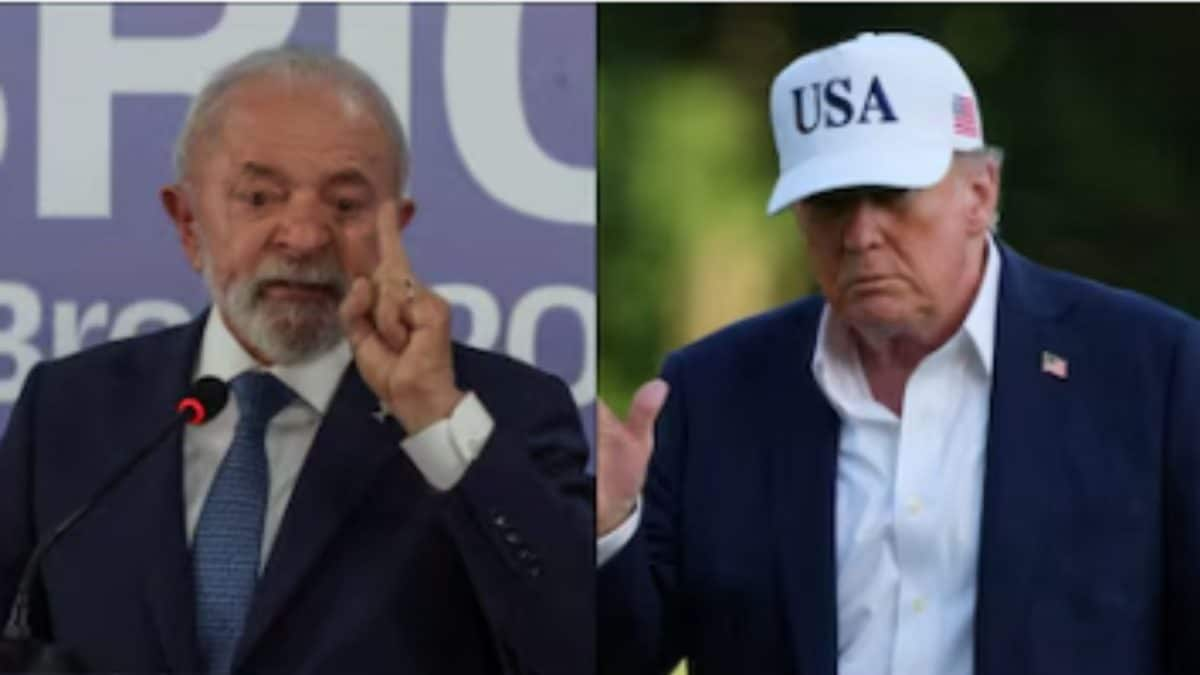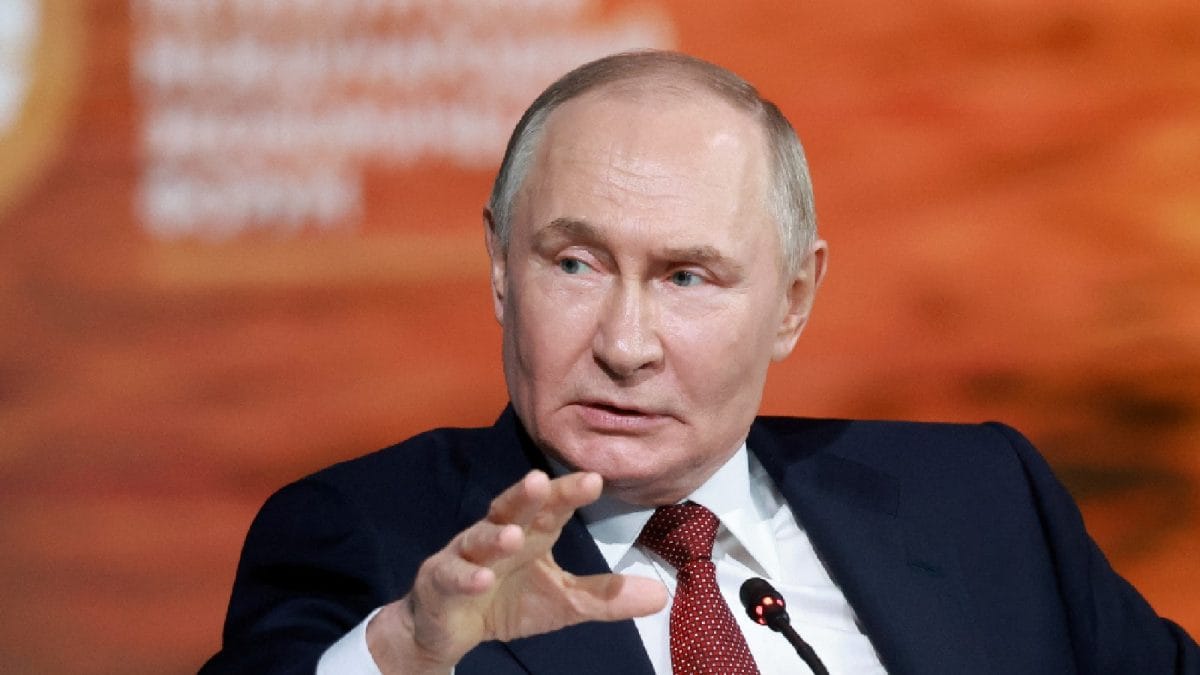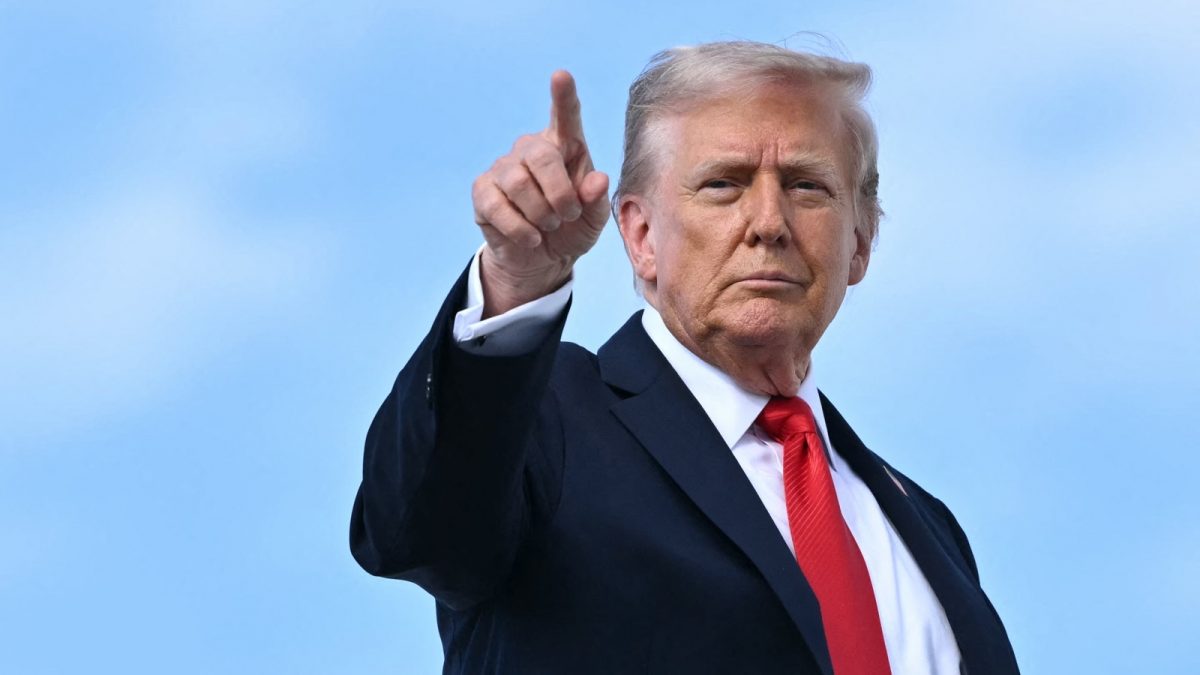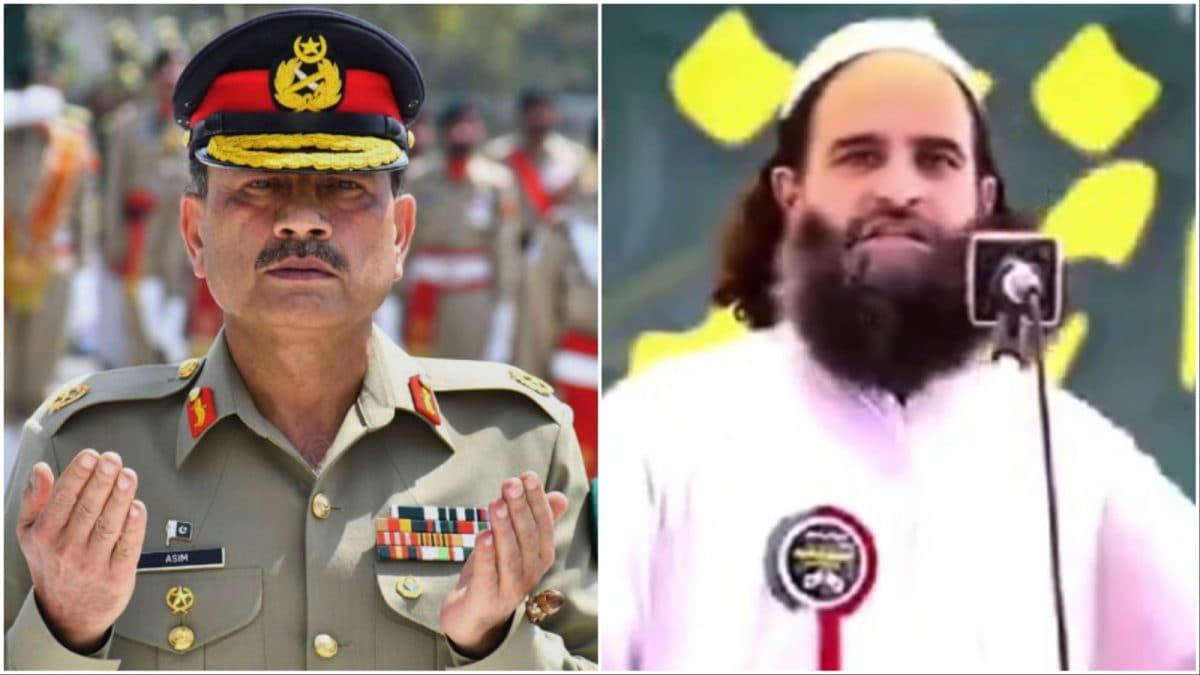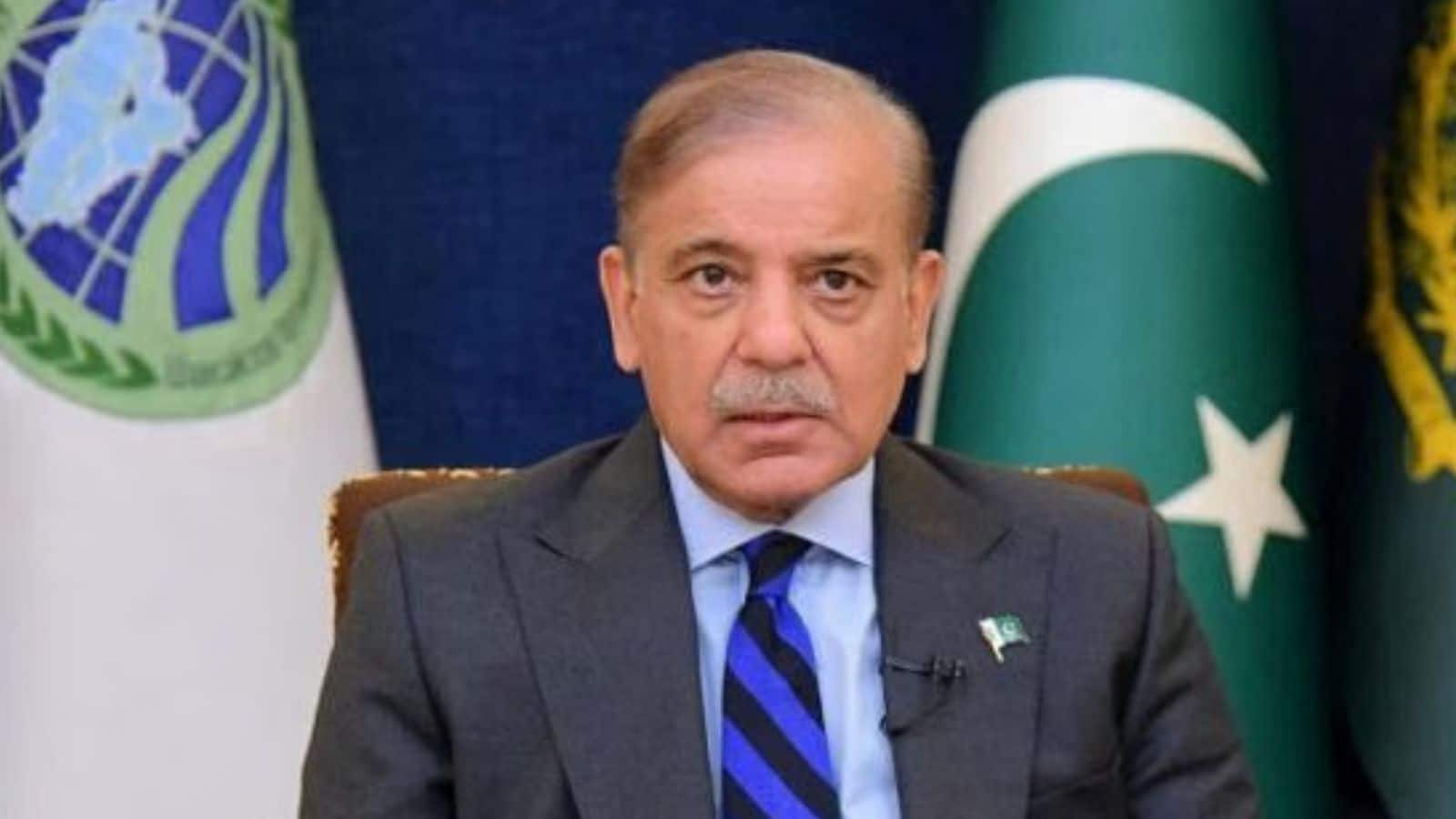Last Updated:September 18, 2025, 15:30 IST
Diplomatic insiders say Israel’s growing willingness to project military power beyond its immediate borders, including into Qatar, served as a wake-up call for Saudi policymakers

Pakistan Prime Minister Shehbaz Sharif with Prince Mohammed bin Salman, Crown Prince and Prime Minister of Saudi Arabia. (X @CMShehbaz)
Amid escalating tensions in the Middle East and Israel’s increasingly assertive regional posture, Pakistan and Saudi Arabia have taken a bold step by signing a comprehensive Strategic Mutual Defence Agreement. The landmark pact, signed in Riyadh’s Royal Palace by Saudi Prime Minister and Crown Prince Mohammed bin Salman (MBS) and Pakistani Prime Minister Shehbaz Sharif, marks a dramatic recalibration of military and geopolitical alignments across the Islamic world.
A New Defence Axis in the Muslim World
Under the terms of the agreement, any attack on either Pakistan or Saudi Arabia will be treated as an act of aggression against both nations, triggering a joint response. The high-powered deal also involved Pakistan’s powerful Chief of Army Staff, Field Marshal General Asim Munir, signalling that the country’s formidable military establishment is fully onboard.
The agreement underscores a deeper strategic convergence. Pakistan, a nuclear-armed nation with a history of military cooperation with Gulf countries, is now being brought into the Gulf’s core defence architecture. A top diplomatic source in Riyadh described the deal as a “historic expansion of defence and security cooperation", rooted in nearly eight decades of brotherhood, Islamic solidarity, and shared regional interests.
Israel’s Assertiveness: A Catalysing Factor
The timing of the deal is crucial. It follows a wave of concern in Gulf capitals after Israel’s recent military operation in Doha on September 9, which targeted Hamas leaders and left significant political fallout in its wake. The strike, viewed by many as a deliberate escalation, rattled even those Arab states that had previously normalised ties with Tel Aviv.
According to diplomatic insiders, Israel’s growing willingness to project military power beyond its immediate borders, including into Qatar, a Gulf Cooperation Council (GCC) member, served as a wake-up call for Saudi policymakers. The inability or unwillingness of the United States to pre-empt or strongly condemn the Doha attack raised fresh doubts about Washington’s role as a dependable security guarantor in the region.
Broader Strategic Dimensions: Minerals, Energy, and Multipolarity
Beyond defence, the deal also includes multiple Memorandums of Understanding (MoUs) focused on petrochemical exploration, rare earth minerals, and large-scale investments in Pakistan’s underutilised mining sector. Pakistan, seeking to revitalise its economy, pitched critical mineral deals to the Saudi leadership, which sources say were positively received.
This economic cooperation adds teeth to the military pact, creating an interdependent strategic relationship that serves both security and development goals.
Balancing the United States, Not Replacing It
Though the Pakistan-Saudi deal appears to challenge traditional US dominance in Gulf security affairs, insiders stress that it is not an outright pivot away from Washington.
According to high-level diplomatic sources, Washington is not opposed to the alliance, viewing it as a stabilising factor so long as it doesn’t evolve into an offensive bloc or directly antagonise Israel.
Indian Intelligence Skeptical of Motives
Indian intelligence sources, however, offer a more skeptical view. They argue that the deal has been in the works for years and is not necessarily a direct response to the Doha strike. “Let’s be realistic: Saudi Arabia has always prioritised stability and its ties with the US over grandstanding against Israel," a source said.
Some intelligence analysts also pointed out the inconsistencies in public narratives. “If both Pakistan and Saudi Arabia are such close allies of the US, it’s improbable they would form an anti-Israel axis. Gulf nations were quietly supportive of Israel’s actions against Iran-backed entities, and their public outrage is often reserved for domestic appeasement."
While it is true that the Saudi-Pakistan defence pact had been under negotiation for years, the final timing and framing of its announcement reflect a deliberate political choice meant to send a signal to both allies and adversaries alike.
Group Editor, Investigations & Security Affairs, Network18
Group Editor, Investigations & Security Affairs, Network18
Click here to add News18 as your preferred news source on Google. Get breaking news, in-depth analysis, and expert perspectives on everything from geopolitics to diplomacy and global trends. Stay informed with the latest world news only on News18. Download the News18 App to stay updated!
Location :
Riyadh, Saudi Arabia
First Published:
September 18, 2025, 15:30 IST
News world Will Mutual Defence Deal Between Saudi Arabia And Pakistan Reshape Middle East Power Balance? Exclusive
Disclaimer: Comments reflect users’ views, not News18’s. Please keep discussions respectful and constructive. Abusive, defamatory, or illegal comments will be removed. News18 may disable any comment at its discretion. By posting, you agree to our Terms of Use and Privacy Policy.
Read More

 1 hour ago
1 hour ago

